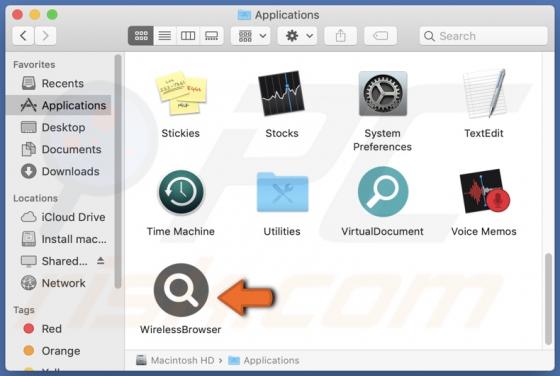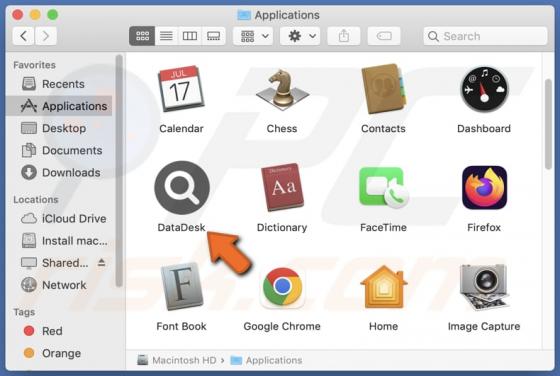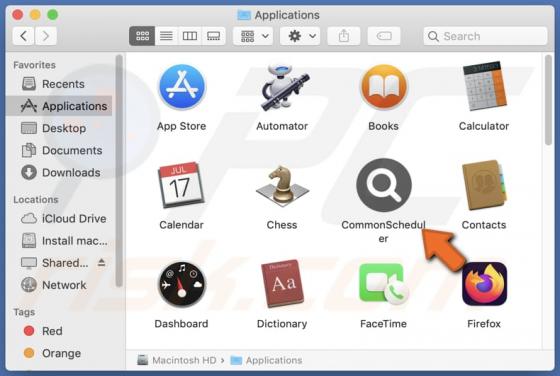
FractionView Adware (Mac)
Upon our examination of the FractionView app, we discovered its primary objective is to inundate users with intrusive advertisements. Moreover, FractionView may potentially collect diverse user data. Based on these findings, we have categorized FractionView as adware. Users should not trust soft








